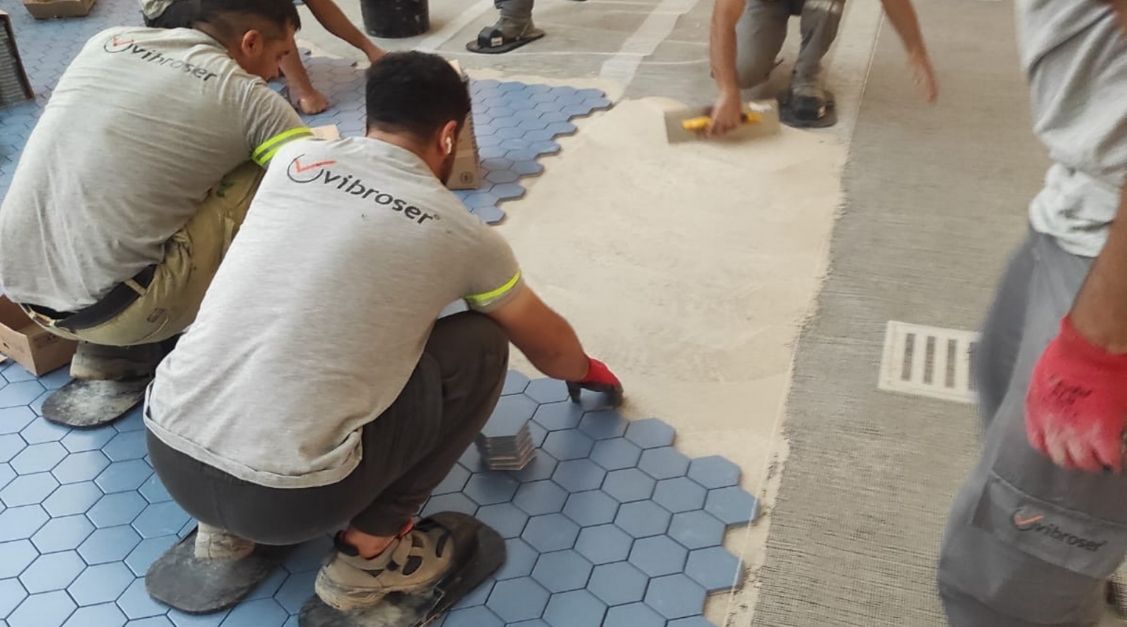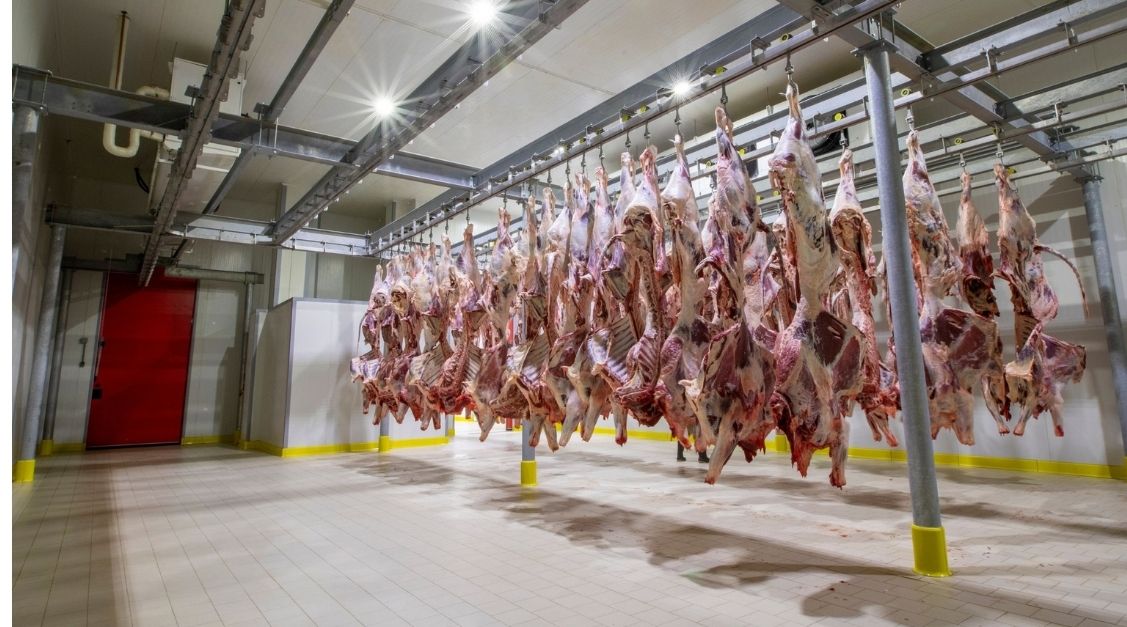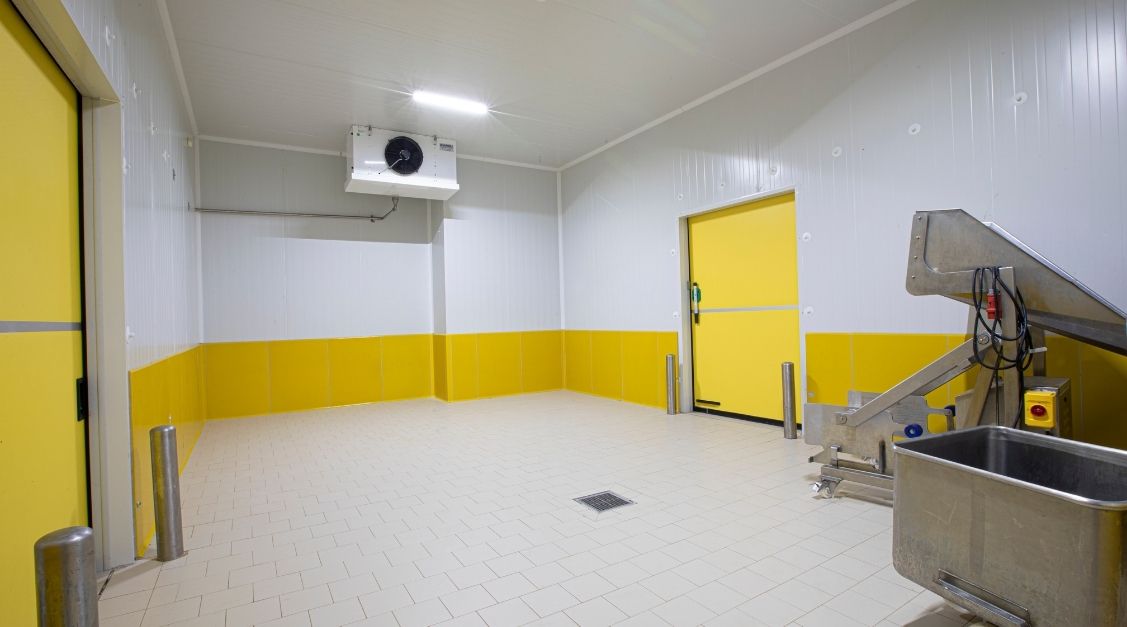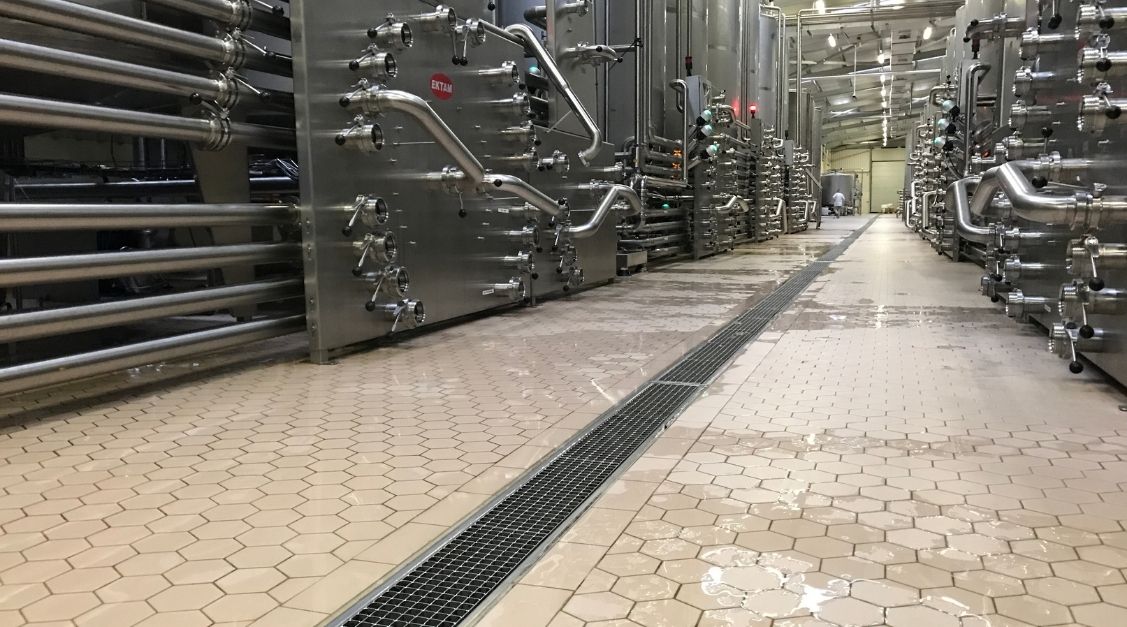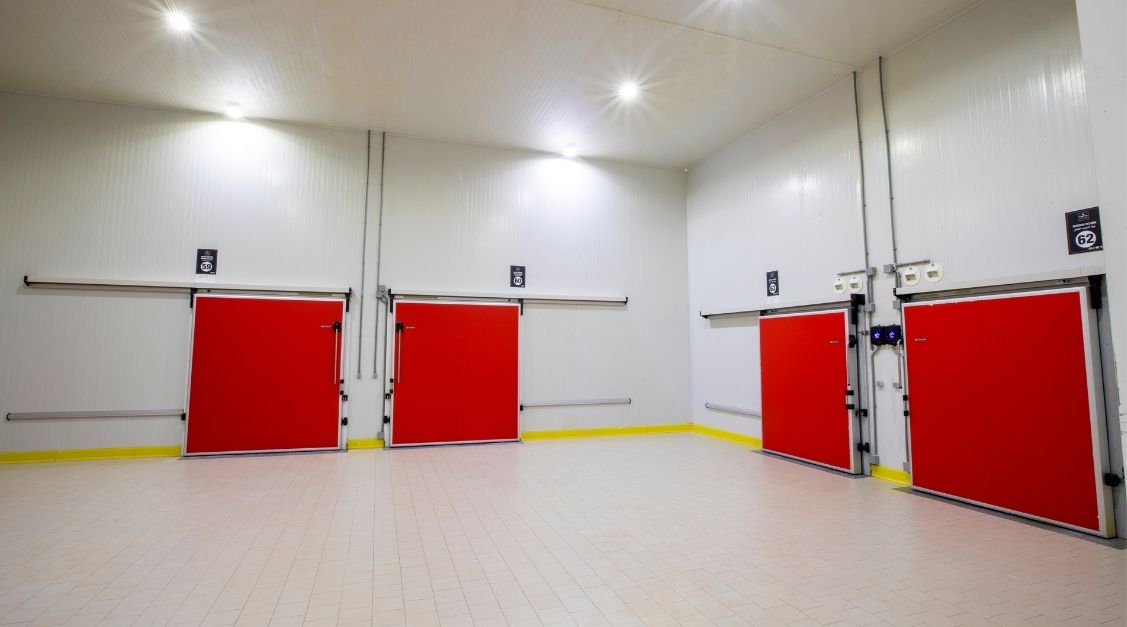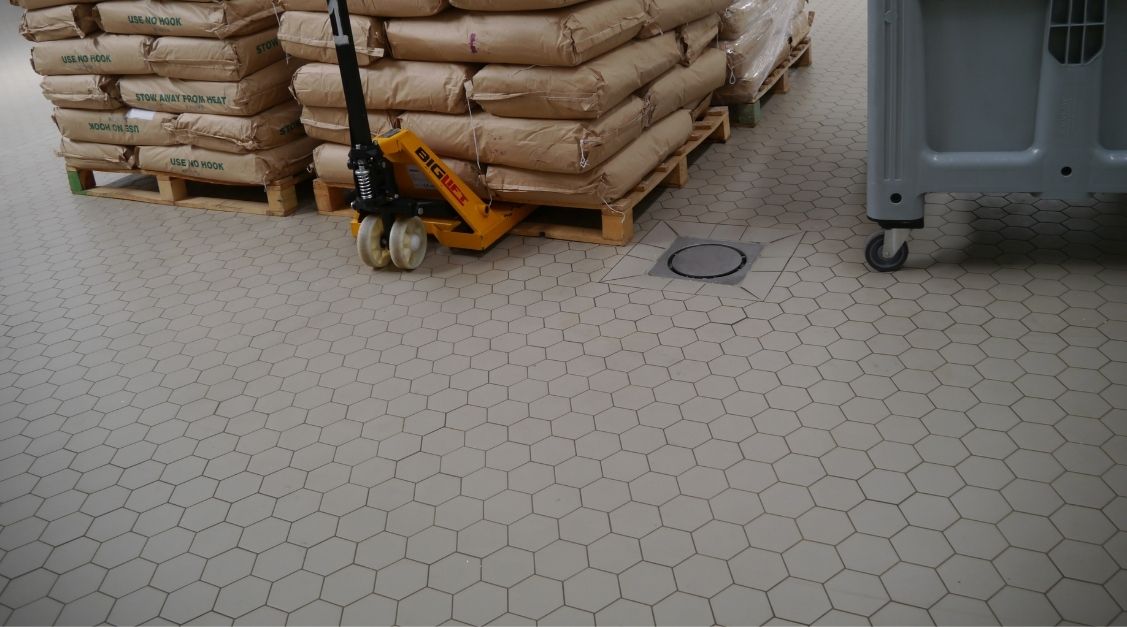Vitrified Tiles have become a staple in various industries, offering unparalleled durability, chemical resistance, and longevity. These tiles, often made from high-quality porcelain, are meticulously manufactured by companies like Vibroser, ensuring each tile meets the highest standards of quality. The production process of Vitrified Tiles involves using raw materials devoid of iron oxides and baking them at extreme temperatures. This results in a dense tile body with water absorption below 0.5%, giving Vitrified Tiles exceptional flexural strength and a remarkable resistance to chemicals. This unique composition contributes significantly to their extended lifespan.
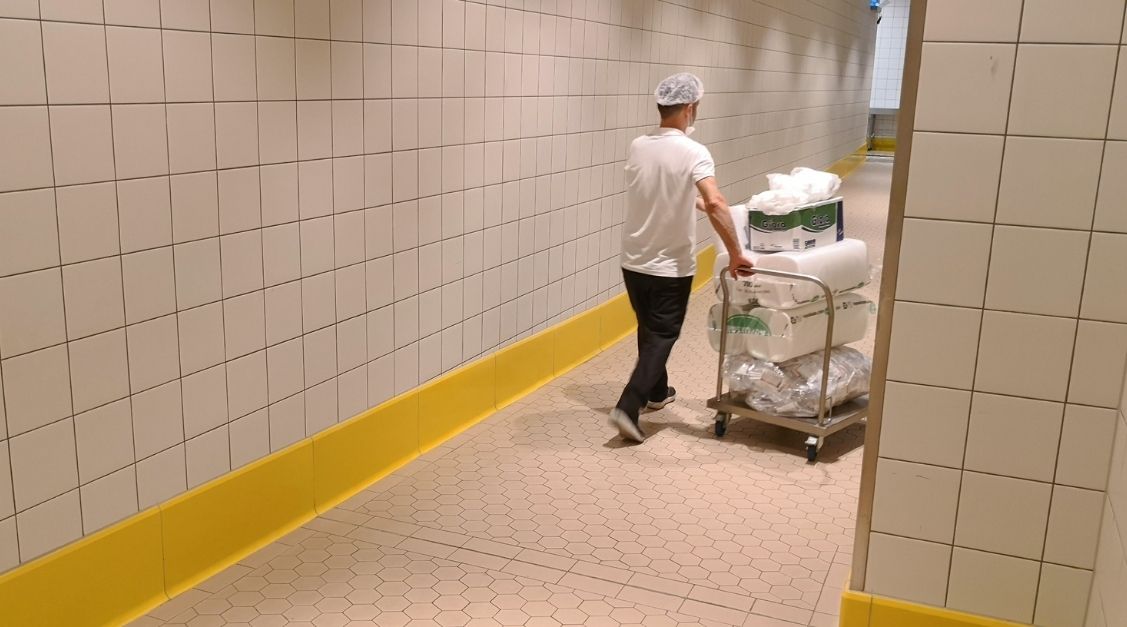
One of the standout features of Vitrified Tiles is their impressive resistance to a wide array of chemicals, making them an ideal choice for environments where chemical spills or exposure are common. These tiles are engineered to endure various inorganic and organic acids, alkalis, and other potentially damaging substances. The ability to withstand these harsh chemicals ensures that Vitrified Tiles maintain their integrity and appearance over time.
Furthermore, Vitrified Tiles‘ robustness extends to resistance against greases, oils, fuels, solvents, and hydrocarbons. This makes them not only suitable but also reliable for use in industrial settings, laboratories, and other areas where such substances are prevalent. Their durability under these conditions highlights the tiles’ versatility and effectiveness as a flooring solution in demanding environments.
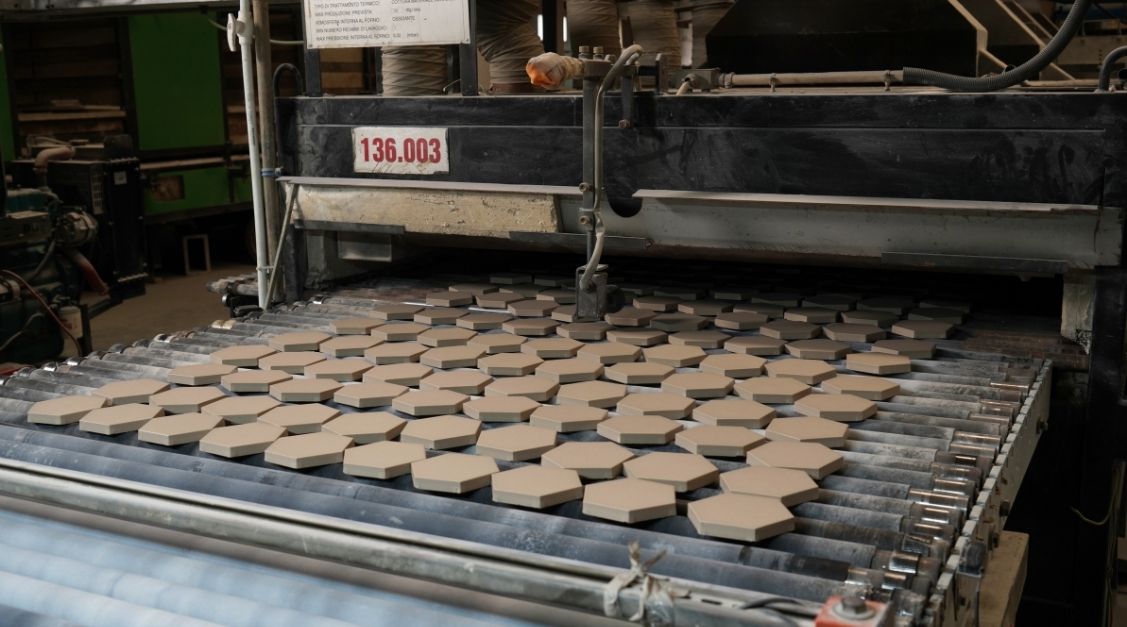
In addition to chemical resistance, Vitrified Tiles are known for their thermal resistance. Certain types of these tiles and their accompanying mortars can endure high temperatures. This feature demonstrates their suitability for high-temperature environments and adds to their versatility in various industrial applications.
The use of Vitrified Tiles is widespread across multiple sectors. In the food industry, they are employed for factory floors where hygiene and resistance to corrosive substances are paramount. The health sector benefits from using Vitrified Tiles in hospitals and laboratories, where cleanliness and resistance to chemicals are crucial. Additionally, these tiles are extensively used in the automotive, chemical, and textile industries, particularly in areas that come into contact with corrosive chemicals or demand high levels of hygiene.
The installation technique for Industrial Vitrified Tiles is another aspect that sets them apart. The vibratory application method ensures a smooth, durable surface that can withstand chemicals and heavy loads. This installation technique is not only more cost-effective but also more reliable and long-lasting compared to traditional flooring options.

